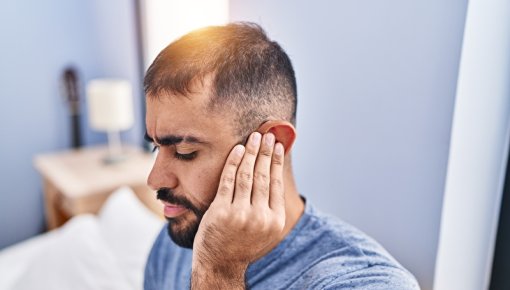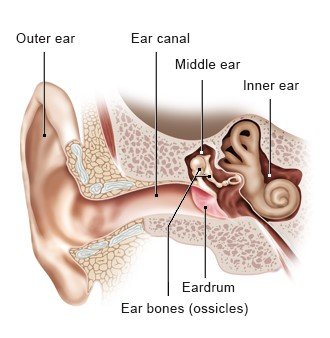Introduction

If you suddenly notice that your hearing has got worse, like somebody has turned the volume down, you might have sudden hearing loss.
Also called sudden deafness or sensorineural hearing loss, it usually only affects one ear. Some people hardly notice the loss of hearing, and others hear much worse or even nothing at all in that ear. In many cases, it’s just certain frequencies that can't be heard. For instance, you may no longer hear higher-pitched sounds like children's voices but can still hear lower-pitched sounds like an engine. Other symptoms may occur too, like sounds in the ear (tinnitus) and dizziness.
The causes of sudden hearing loss are not known. Because of this, it is also called idiopathic (unexplained) sudden hearing loss.
Sudden hearing loss doesn't always need to be treated. Mild sudden hearing loss goes away again on its own in some people. More severe or long-term hearing loss is treated with steroid medications. If you still have hearing problems after that, things like hearing aids can help.

